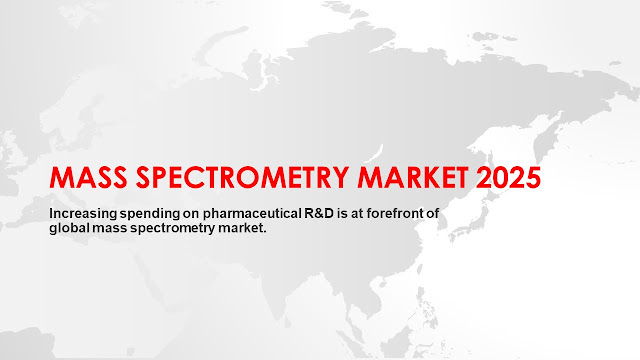PDX Model: Rising Demand for Humanized Pdx Models Is Expected to Provide Growth Opportunity
This study
involved four major activities in estimating the current size of the PDX model market. Exhaustive secondary research was carried out to collect
information on the market, its peer markets, and its parent market. The next
step was to validate these findings, assumptions, and sizing with industry
experts across the value chain through primary research. Both top-down and
bottom-up approaches were employed to estimate the complete market size. After
that, market breakdown and data triangulation procedures were used to estimate
the market size of segments and subsegments.
Expected Revenue Growth:
[173 Pages Report] The global PDX model market size is projected to
reach USD 299 million by 2026 from USD 140 million in 2021, at a CAGR of 16.4%.
Download PDF Brochure:
https://www.marketsandmarkets.com/pdfdownloadNew.asp?id=121598251
Key Factors Driving Market Growth:
Market growth is driven mainly by factors such
as growing demand for personalized medicine, continuous support for cancer
research, and growth in pharma R&D. Rising demand for humanized PDX model
is expected to provide growth opportunity for players in the patient-derived xenograft models
market.
The mice models segment dominated the PDX model market in 2020.
On the basis of type, the market is broadly segmented into mice models
and rat models. In 2020, mice models accounted for the largest share of the patient-derived xenograft models market. This can primarily be
attributed to factors such as ease of procurement, ease of manipulation, and
the minimum facility requirement for keeping mice models under observation
compared to rats is driving their use in the generation of PDX model.
The contract research organizations segment will witness the highest growth
during the forecast period.
Based on application, the patient-derived xenograft models
market is segmented into pharmaceutical & biotechnology companies, contract
research organizations (CROs), and academic & research institutions. In
2020, the contract research organizations segment is expected to register the
highest CAGR during the forecast period. The high growth rate in this segment
can be attributed to the increasing number of pharmaceutical companies
outsourcing their preclinical studies to CROs.
North America was the largest regional market for PDX model
market in 2020.
Geographically, the patient-derived
xenograft model market is segmented into North America,
Europe, Asia Pacific, Latin America, and Middle East & Africa. In 2020,
North America accounted for the largest share of the market, followed by Europe
and the Asia Pacific. The large share of the North American market is
attributed to the rising incidence of cancer and growing research activity in
cancer and stem cells.
The preclinical drug development segment accounted for the largest share of
the application segment in the PDX model industry in 2020.
Based on application, the patient-derived
xenograft models market is categorized into three
segments—preclinical drug development, biomarker analysis, and basic cancer
research. The preclinical drug development application segment accounted for
the largest share of the market in 2020. The key factor driving this segments
growth is the rising number of clinical trials every year.
Request
for Sample Pages:
https://www.marketsandmarkets.com/requestsampleNew.asp?id=121598251
Key Players:
Key players in the patient-derived
xenograft models market
include JSR Corporation (Japan), WuXi AppTec (China), Champions Oncology, Inc.
(US), The Jackson Laboratory (US), Oncodesign (France), Charles River
Laboratories (US), Hera Biolabs (US), EPO Berlin-Buch (Germany), Envigo (US),
Xentech (France), Urosphere (France), and Explora BioLabs (US).




Comments
Post a Comment